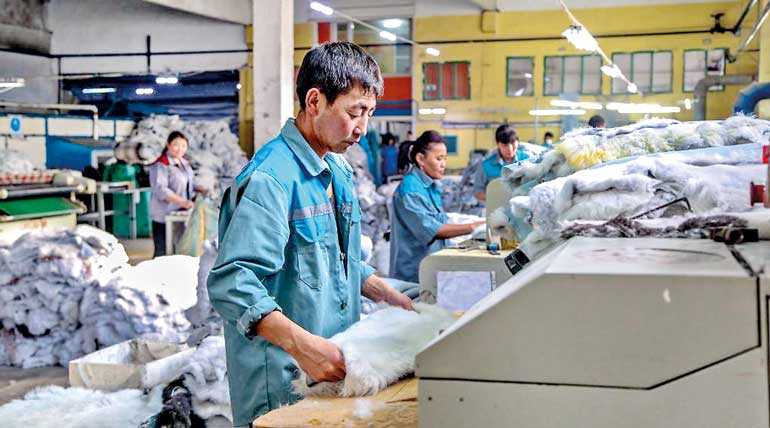Saturday Feb 28, 2026
Saturday Feb 28, 2026
Thursday, 14 February 2019 01:34 - - {{hitsCtrl.values.hits}}

Manila, Philippines: Countries in Asia and the Pacific have a good chance of achieving the social protection agenda under the Sustainable Development Goals (SDGs) if the right fiscal reforms and policies are in place, says a new study by the Asian Development Bank (ADB).
The report, Asia’s Fiscal Challenge: Financing the Social Protection Agenda of the SDGs, looks at the fiscal situation in 16 countries and the challenges in building and expanding their social welfare program.
The report covers Azerbaijan, Cambodia, India, Indonesia, Kazakhstan, the Lao People’s Democratic Republic (Lao PDR), Malaysia, Mongolia, Myanmar, Nepal, the People’s Republic of China (PRC), the Philippines, Sri Lanka, Thailand, Timor-Leste, and Viet Nam. Of these countries, seven have about 20% of their population living below the national poverty line, highlighting the need to improve social protection efforts.
“Many countries still face considerable challenges in creating the sustainable financing needed for their social welfare program, the bedrock for the success of the social protection agenda under the SDGs,” said ADB’s Sustainable Development and Climate Change Department Director General Woochong Um.
The social protection agenda under the SDGs has four dimensions—the provision of cash transfers for income security, health services, education services, and other essential goods and services.
The report found six countries need to open up new fiscal space—India, Indonesia, Kazakhstan, Nepal, the Philippines, and Sri Lanka—to meet minimum requirements to fund social protection investments. Azerbaijan, Malaysia, Mongolia, the PRC, Thailand, and Viet Nam, meanwhile, should be able to meet the social protection agenda within the limit of their current fiscal deficit. Only Cambodia, Lao PDR, Myanmar, and Timor-Leste will have to make trade-offs among the different social protection investments given their fiscal constraints.
Some of the potential sources of revenue mobilisation for these countries, according to the study, include increasing tax efforts, reallocating energy subsidies, and reallocating natural resource taxes.
“The majority of the countries in the study will have to revamp their policies and open new fiscal space, while some exhibit capability in using existing resources to increase their revenues without dramatically increasing tax rates or introducing new taxes,” said ADB Principal Social Development Specialist Sri Wening Handayani.
The report recommends governments, civil society, and other development partners to immediately start long-term fiscal and financial planning for implementing the social protection agenda. Countries should also create national policy dialogues in designing national social protection systems; conduct budget and revenue reviews; and support capacity building for social protection planning, administration, and implementation.
ADB is committed to achieving a prosperous, inclusive, resilient, and sustainable Asia and the Pacific, while sustaining its efforts to eradicate extreme poverty. Established in 1966, it is owned by 67 members—48 from the region.